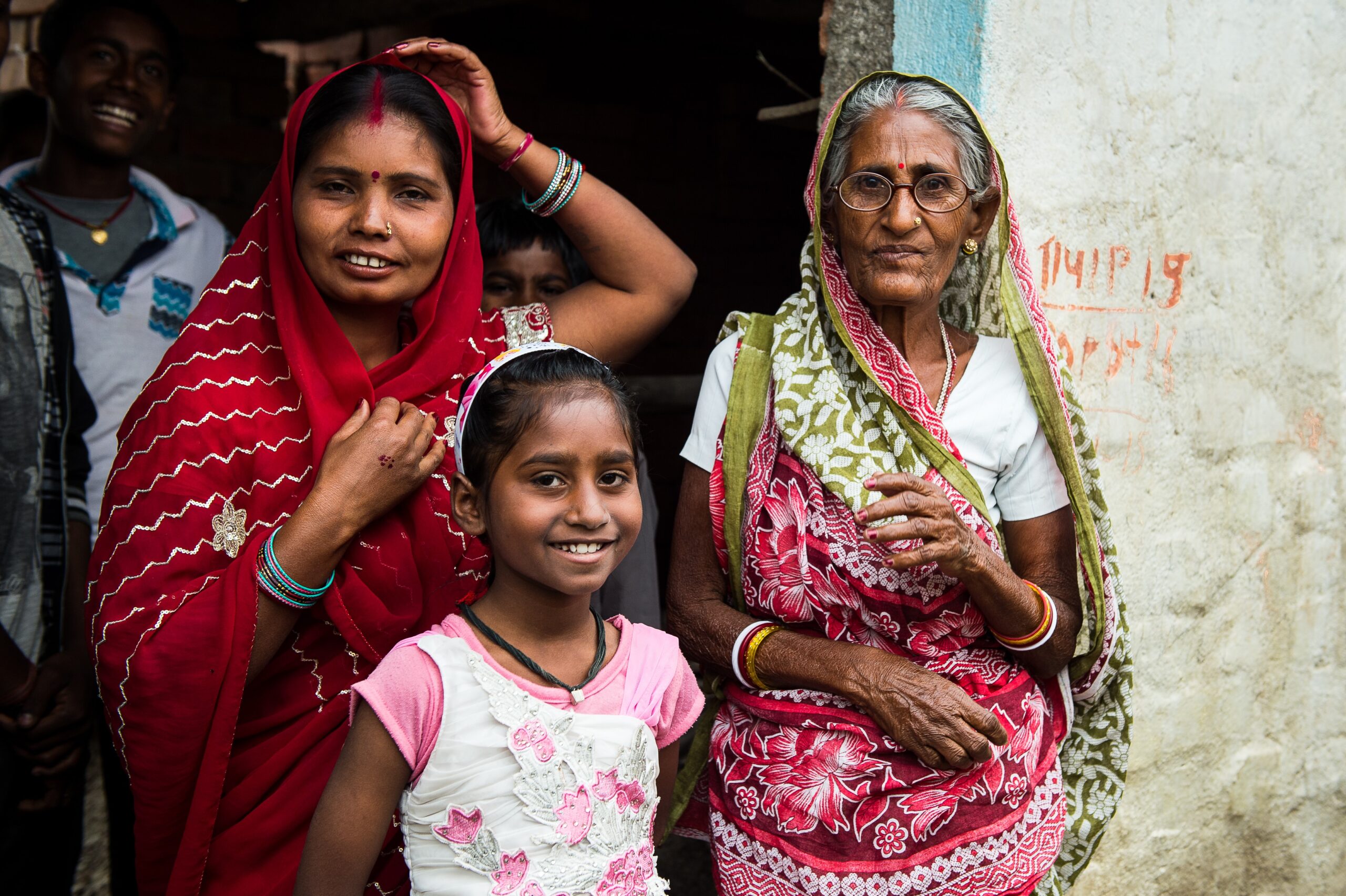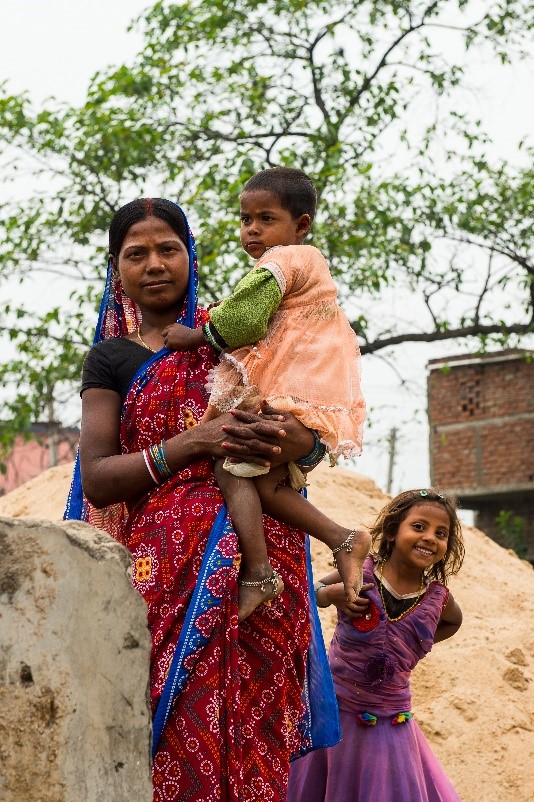
Women lead the way to a healthier India

On DefeatDD’s trip to India earlier this year, I had the opportunity to meet with many dedicated colleagues working to reduce the toll of childhood diarrhea. As they guided our team through some of the communities most affected by a high burden of infectious disease, residents shared their challenges, successes, and hopes for the future.
 Through these conversations, I learned that here, women are leading the charge for social change and health.
Through these conversations, I learned that here, women are leading the charge for social change and health.
As our colleague Dr. Rajesh Khanna from Save the Children India’s Stop Diarrheoa Initiative pointed out this is a trend that should begin in childhood.
“If a girl is empowered,” said Dr. Khanna, “she would like to get educated and be economically productive. She would not like to get married early and would not be dependent on her husband for day-to-day decision making. She would be able to decide when to have children.”
With more education and experience, a woman is better equipped to make decisions that promote her children’s well-being, in addition to her own. “She can take care of the baby in a more productive manner,” explained Dr. Khanna, “ensure that a child follows healthy lifestyle and does not suffer from frequent episodes of diarrhea, pneumonia.”
A barrier to progress has often been the lack of support, education, and opportunity afforded to women. In our conversations, it was not uncommon to hear about regrets at not having completed more schooling or at getting married too young.
But just as often, we heard about a determination to ensure a better life for their own children. As parents, Indian women are stepping up to educate themselves and adopt lifestyle choices that can help their children grow up to be healthy and productive citizens.
Vimla, a community health worker we met with near New Delhi, is one example. She leads a mothers’ group that meets regularly to discuss good hygiene and other health-promoting practices. She is excited to see the mothers apply these lessons and pass on the information to other women. “I love doing this work,” Vimla told us, “because I see the results, and they are positive.” Her work sets an example for her own children too. “My daughters support me, and they always say that if you can save another child’s life, that is a good deed.”
Visiting one of these sessions, it was a joy to witness the women learning together, asking questions, and discussing their experiences. As they sat together in a circle, traded stories, laughed, and cuddled their babies, they also pantomimed proper handwashing technique. To me, it was clear that this wasn’t just a place for rote lessons. The sessions provided a space for them to engage, have fun, and strengthen the bonds of their community.
As increasing numbers of women become advocates for themselves, the demand for the things they need to keep their families healthy—sanitation, vaccines, nutritious foods, and more—continues to grow. With each new generation, this determination only grows stronger.
There’s no doubt that women are leading the charge toward a healthier India, and with their children in tow, the potential for positive change is enormous.


